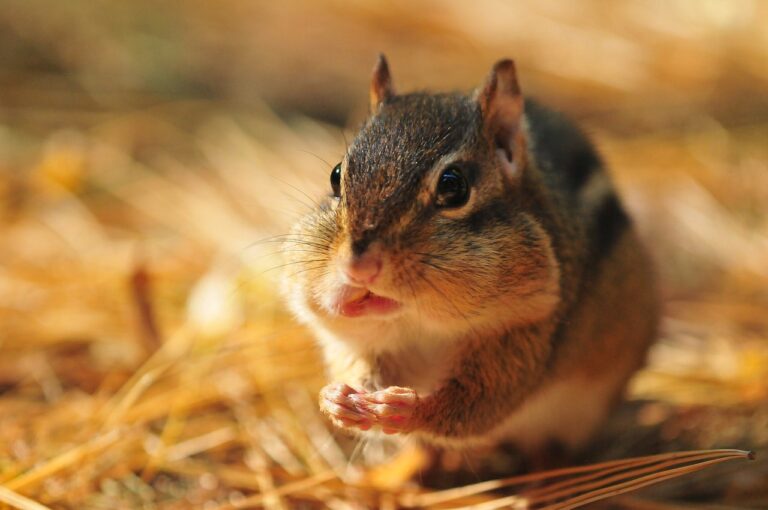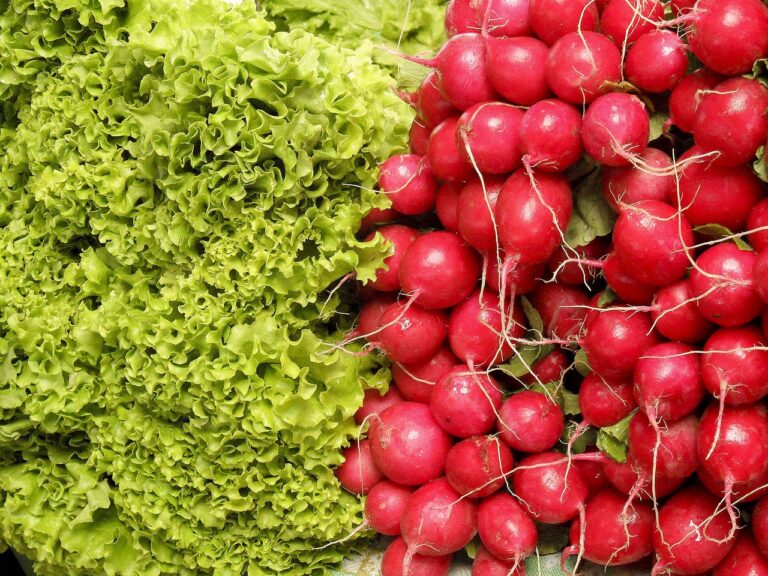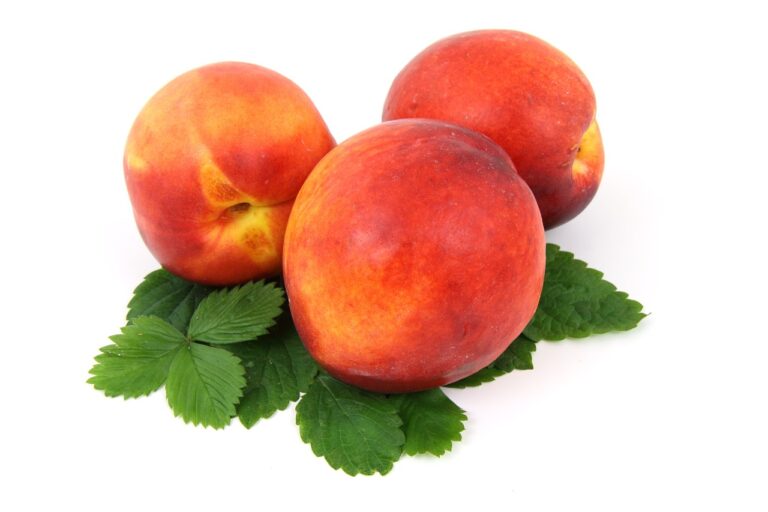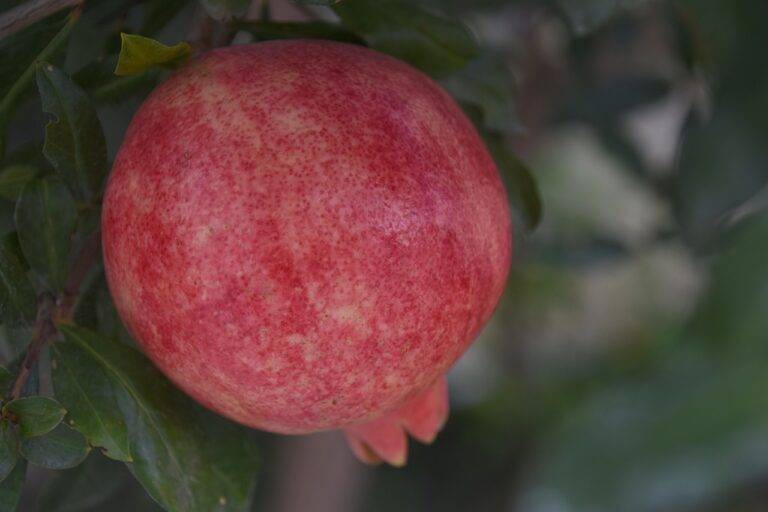The Importance of Genetic Diversity in Honey Bees: World7 id, Mahadev betting login, Silver 777 login
world7 id, mahadev betting login, silver 777 login: Honey bees play a crucial role in our ecosystem by pollinating plants and producing honey. They are responsible for pollinating a large percentage of the world’s crops, ensuring the survival of many plant species. However, honey bee populations around the world are facing challenges that threaten their survival, including habitat loss, pesticides, diseases, and climate change. One of the key factors that can help honey bees adapt and thrive in the face of these challenges is genetic diversity.
Genetic diversity refers to the variety of different genes in a population. In the case of honey bees, genetic diversity is essential for ensuring the health and resilience of the colony. A diverse gene pool allows bees to adapt to changing environmental conditions, resist diseases, and thrive in different habitats. Without genetic diversity, honey bees are more vulnerable to threats such as parasites and pathogens that can wipe out entire colonies.
There are several reasons why genetic diversity is important in honey bees:
1. Resilience to diseases: Genetic diversity helps honey bees resist diseases and parasites. When a population has a wide range of genetic variations, some bees are more likely to have natural resistance to certain pathogens. This means that even if a disease affects a particular subset of bees, others in the population may be able to survive and rebuild the colony.
2. Adaptability to environmental changes: Honey bees face a rapidly changing environment due to factors like climate change and habitat loss. Genetic diversity enables bees to adapt to these changes by producing individuals with traits that are better suited to surviving in new conditions. Bees with diverse genetic backgrounds are more likely to have the genetic traits needed to thrive in different environments.
3. Enhancing reproductive success: Genetic diversity is important for maintaining healthy and productive honey bee colonies. Inbreeding can lead to a decrease in reproductive success, as it increases the likelihood of genetic defects and reduces the overall fitness of the colony. By ensuring a diverse gene pool, honey bees can produce strong and healthy offspring that can continue the survival of the colony.
4. Increased productivity: Genetic diversity can also contribute to increased productivity in honey bee colonies. Bees with diverse genetic backgrounds are more likely to exhibit behaviors that promote efficient foraging, communication, and coordination within the colony. This can result in higher yields of honey and more effective pollination of crops.
5. Conservation of genetic resources: Maintaining genetic diversity in honey bees is important for the conservation of genetic resources. Bees with unique genetic traits may hold valuable genes that could be beneficial for breeding programs aimed at developing honey bee populations with enhanced traits such as disease resistance or increased productivity. By preserving genetic diversity, we can ensure the long-term sustainability of honey bee populations.
In conclusion, genetic diversity plays a critical role in the health and survival of honey bee populations. By protecting and promoting genetic diversity in honey bees, we can help ensure their resilience to environmental challenges and their long-term viability. It is essential that we take steps to conserve and protect the genetic diversity of honey bees to safeguard their future and the vital services they provide to our ecosystem.
—
FAQs
Q: How can genetic diversity be maintained in honey bee populations?
A: Genetic diversity in honey bee populations can be maintained through practices such as controlled breeding programs, promoting genetic exchange between populations, and conserving wild populations with unique genetic traits.
Q: Why is genetic diversity important in honey bees?
A: Genetic diversity is important in honey bees as it helps them adapt to changing environmental conditions, resist diseases, and maintain healthy and productive colonies.
Q: What are the risks of low genetic diversity in honey bee populations?
A: Low genetic diversity can increase the susceptibility of honey bees to diseases, reduce their reproductive success, and limit their ability to adapt to environmental changes, leading to the decline of honey bee populations.
Q: How can individuals help promote genetic diversity in honey bees?
A: Individuals can support genetic diversity in honey bees by creating bee-friendly habitats, avoiding the use of pesticides, and supporting efforts to conserve wild honey bee populations.







